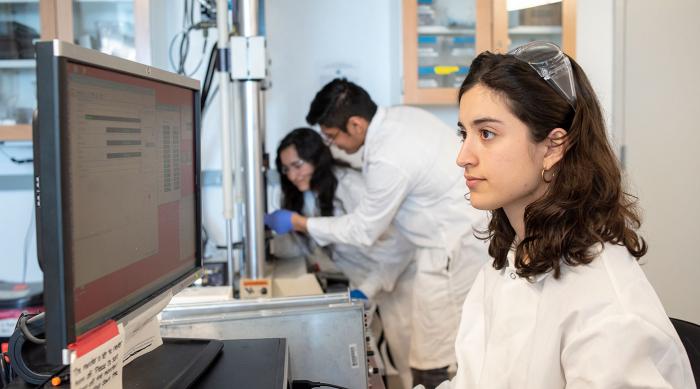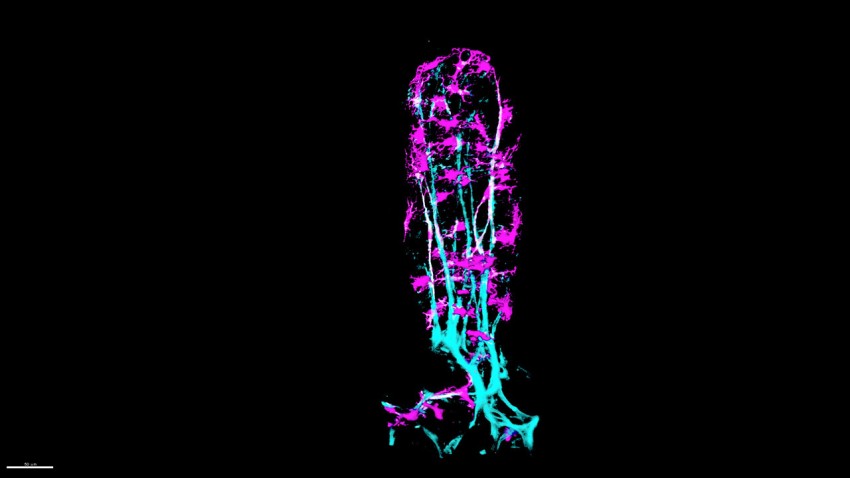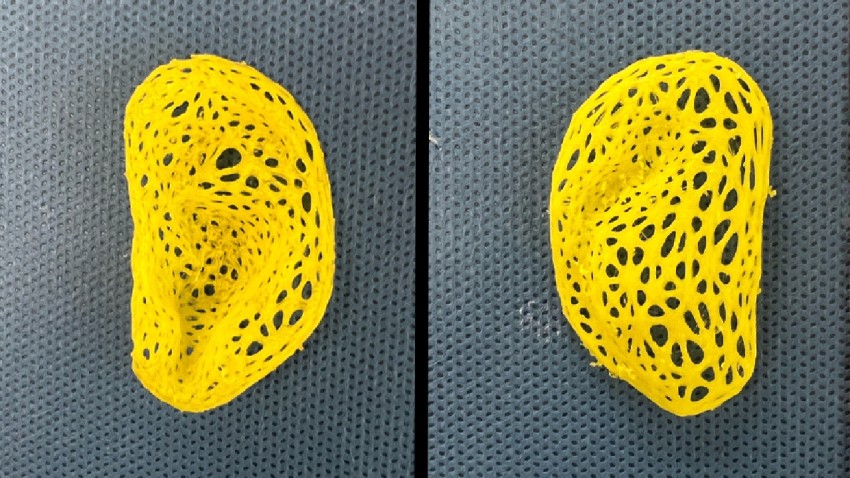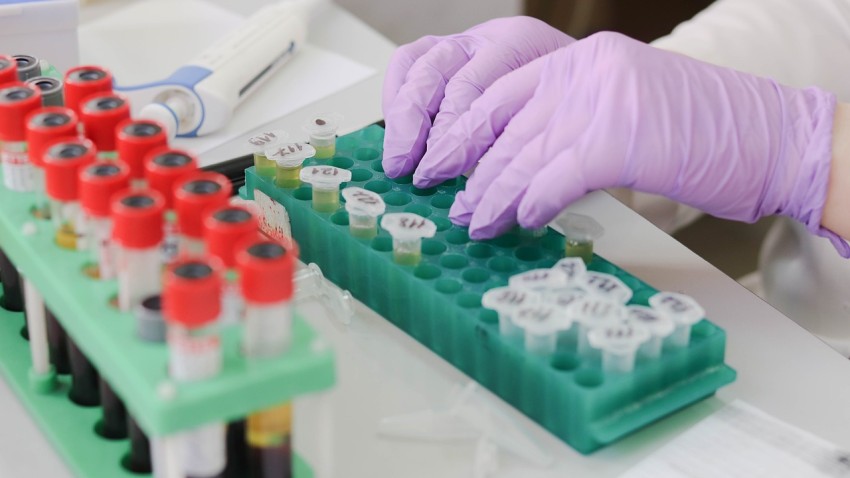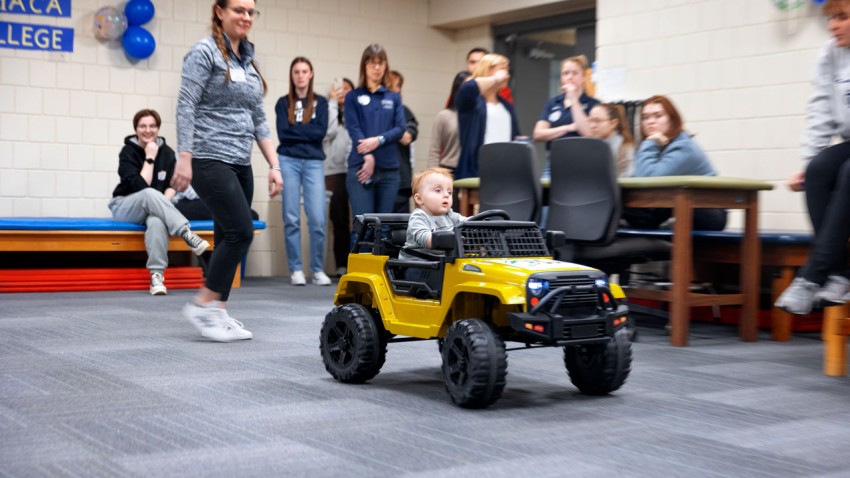
Student group adapts toys, devices for kids with disabilities
The Big Red Adaptive Play and Design Initiative has brought independence and joy to local children with disabilities – and has created space for the engineering of assistive technologies at Cornell. Read more


